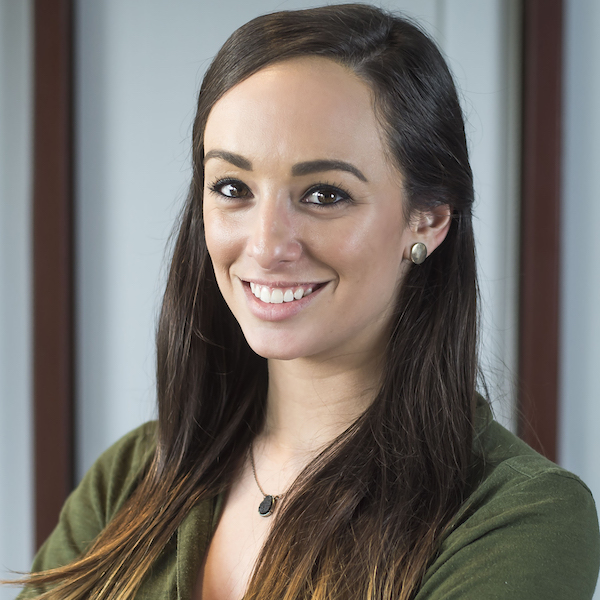Two years into the coronavirus pandemic, people are continuing to look for new prevention and treatment options.
The latest combo getting attraction on social media involves Benadryl and a protein found in milk.
But don’t open your fridge quite yet. There’s more to the headlines that you need to know.
WND.com, a conservative news website, published an interview on Dec. 31, 2021, with the lead researcher of a recent study involving the two compounds.
“Scientist surprised by discovery of ‘99%’ effective, cheap COVID treatment,” the WND headline said. Other sites used it and turned it into a shareable, eye-catching graphic.
But the scientist himself never went that far in the interview.
The headline was flagged as part of Facebook’s efforts to combat false news and misinformation on its News Feed. (Read more about our partnership with Facebook.)
David Ostrov, an immunologist and associate professor of pathology at the University of Florida, talked to WND by email about his research. Despite the headline, the article about Ostrov’s interview reflects more nuance about what he found and includes a Q&A.
Ostrov’s study found that the combination of diphenhydramine, marketed as Benadryl, and lactoferrin, a protein found in cow and human milk, reduced the replication of the virus by 99% in tests using monkey and human cells.
But it did not prove that the combination is an “effective” treatment for the virus. The lab-based context in which the study was conducted limits its relevance to real-life conditions. Ostrov said the effectiveness has never been measured in placebo-controlled clinical trials with humans.
“Yes, there are reasons to believe that this combination of two drugs will be effective for treatment and prevention of COVID-19, and I’m trying hard to make that happen through clinical trials, but this takes money,” Ostrov said. Such a study could cost around $7.5 million, he added.
His research was published in November in the peer-reviewed journal Pathogens. Since then, he said he’s received anecdotal reports from people who believe the combination helped prevent them from getting sick after families and friends tested positive. Others said it helped treat their COVID-19 symptoms, including “long COVID,” a range of symptoms that can last weeks or months after being infected by the virus.
“I cannot ignore the anecdotal reports that I’m getting and that maybe there’s something to this,” Ostrov said.
There’s also a difference between treatment of a disease and prevention from getting it in the first place. It’s easier to prove the former, with patients who already have the disease. For prevention, it takes more people. Ostrov would like to run a clinical trial that studies families with one COVID-positive member and their close contacts. The close contacts would receive the drug combination or the placebo.
“If there are enough people (which we calculated needs to be around 6,400 participants) we will have the statistical significance to prove conclusively that this treatment works or doesn’t work for the prevention of COVID-19,” he said.
While the research is promising, Ostrov stressed that the science isn’t settled. People should ask their doctor about taking diphenhydramine and lactoferrin.
Scientists work with purified versions of components to find the amounts needed to promote antiviral activity; simply buying drugs and taking unregulated amounts may not be safe.
The FDA has warned that taking higher than recommended doses of diphenhydramine can lead to serious heart problems, seizures, coma, or even death.
Taking excessive amounts of lactoferrin, which is also available as an over-the-counter drug, can produce adverse events such as fatigue, constipation, rash and fever.
This fact check was originally published by PolitiFact, which is part of the Poynter Institute. It is republished here with permission. See the sources for this fact check here and more of their fact checks here.







